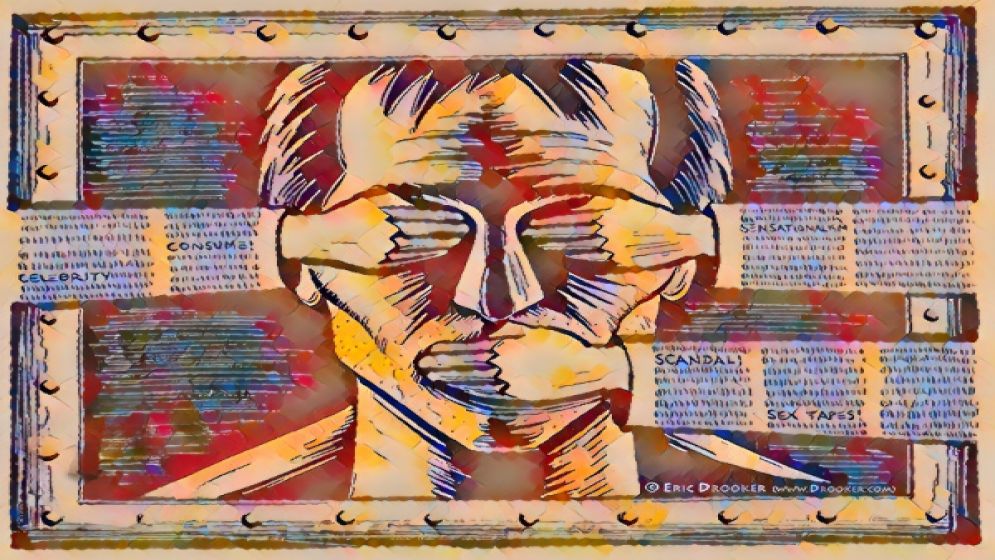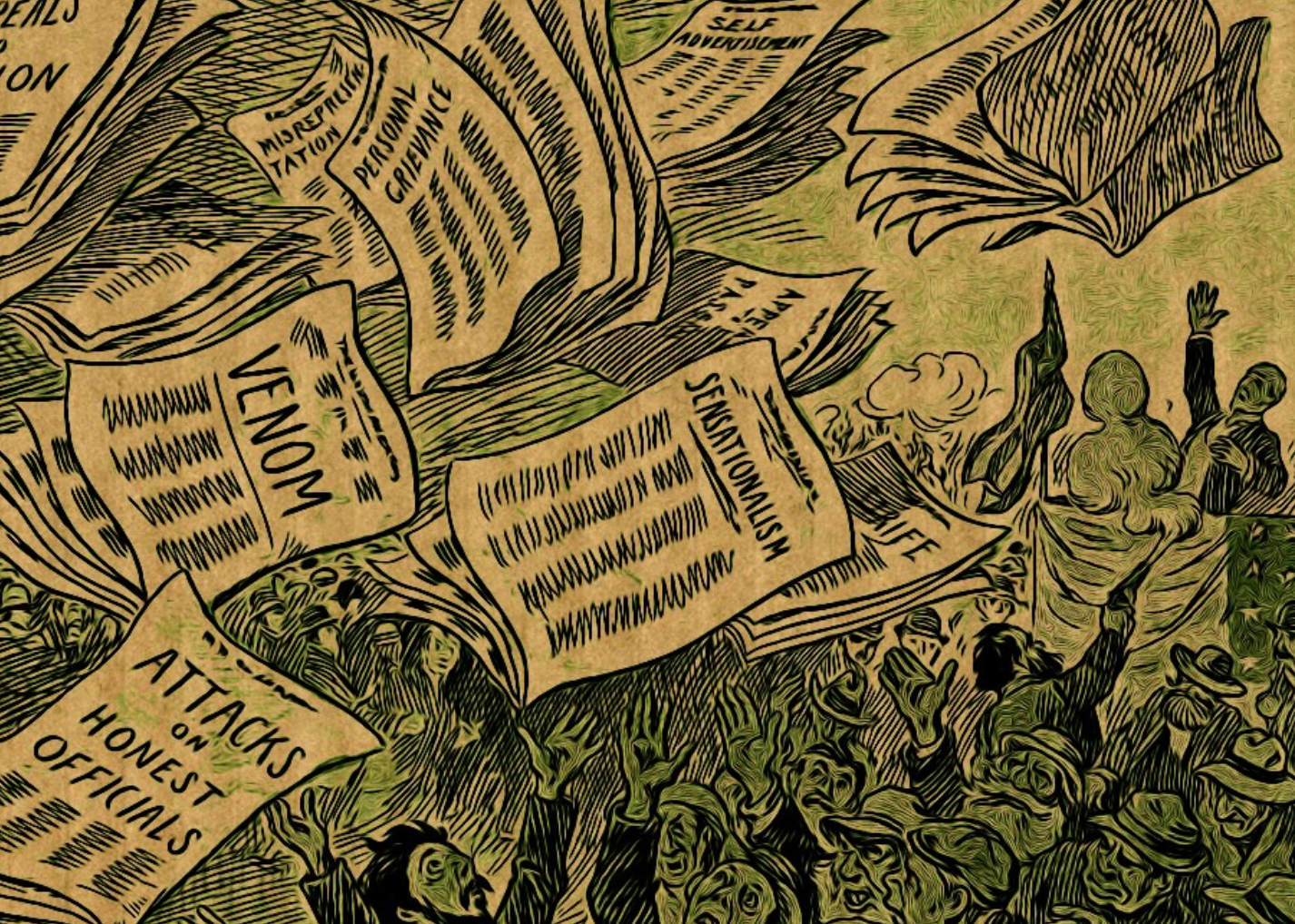Why is healthy, independent journalism still a distant possibility in Bangladesh?

Two days ago, I received a call from a TV channel inviting me to participate in one of their talk shows.
They asked if I could spare some time. I explained that I was currently outside Dhaka and unable to commit at that moment. They then requested that I contact them upon my return, to which I agreed.
We then proceeded to discuss the current state of the country and the media.
During our conversation, I mentioned that I had not participated in any talk shows since 2018 due to the difficulty of speaking openly and honestly in that environment. I expressed my hope that conditions had improved and that I would be able to speak more freely this time.
They responded by advising me not to be overly optimistic as the situation hadn't significantly improved.
Surprised, I asked why, and they explained that despite the end of authoritarian rule, associates of the former autocrats were still influential within the media.
They also mentioned that we're now experiencing self-censorship. When I inquired about the reasons behind this, they suggested I consider who owns these media outlets.
We didn't delve deeper into this topic as I was already aware of the answer.
You're likely aware that over the past 16 years, various newspapers and TV channels have been owned by specific individuals, many of whom are businessmen loyal to the autocrat Hasina.
However, this trend of favored businessmen owning media outlets isn't unique to Hasina's rule. It's been a recurring pattern throughout the successive regimes. One such example is NTV, owned by Mosaddak Ali Falu, a close associate of Khaleda Zia.
Let me illustrate the issue of corruption with a specific example. During the 2007-2008 caretaker government period, action was taken against several businessmen accused of corruption.

Among them was Obaidul Karim, head of the Orion Group. He
received a life sentence for money laundering.
However, after Sheikh Hasina's government took office in 2009, his sentence was suspended. While I have no evidence, I strongly suspect that influence and possibly bribery played a role in this outcome
Subsequently, Obaidul Karim apparently saw the need for a media outlet. A few years later, the English newspaper The Business Standard was launched.
While I haven't personally read it regularly, I know two members of its editorial team who previously held senior positions at The Daily Star. I consider them to be capable journalists.
It raises the question, why did these journalists choose to work with someone like Obaidul Karim? Perhaps they were dissatisfied at The Daily Star.
Since I don't regularly read The Business Standard, I'm unsure of their stance on corruption. However, it's likely they avoid reporting on the Orion Group or Obaidul Karim due to potential conflicts of interest.
This situation brings to mind a recent observation I read: in the past, the wealthy might have kept dogs to guard their homes; today, some influential figures seem to "keep" journalists instead.
The issue extends beyond newspapers; television channels face similar challenges.
Notably, media outlets owned by large conglomerates like Bashundhara, Jamuna, and Beximco are often criticized for potential conflicts of interest and bias.
Let me share an incident that highlights this issue.
Around 2010, I returned to Dhaka from the US for a brief stay and became involved with bdnews24. One day, an editor friend called and asked to meet.

During lunch, he mentioned a proposal from Bashundhara Group,
who had launched an English newspaper called The Daily Sun. They wanted to
offer me the position of editor. I asked what he'd told them, and he admitted
being 99% sure I'd refuse, having known me for 20 years.
Yet, they insisted he convey the offer. I expressed surprise that he'd even bring it up, given his understanding of my values.
He seemed embarrassed and agreed I likely wouldn't accept. I then stated my belief that Bashundhara's motive wasn't to enhance journalism but to safeguard their ill-gotten wealth. That concluded the matter.
I bring this up because Bashundhara's media outlets continue to operate successfully, and many people actively seek employment there.
I understand their predicament, driven by the need to support their families.
However, it's crucial to recognize that media corruption isn't solely the fault of unethical businessmen or their political allies.
Certain opportunistic and sycophantic journalists share equal responsibility. They exploit journalism for personal gain and to curry favor with those in power.
The consequences are evident: after Sheikh Hasina's government fell, several prominent journalists and media figures faced arrest or fled the country.
I emphasize this point because I firmly believe that a country's future is bleak if its media and judiciary lack true independence. When these institutions are compromised, ordinary citizens have no recourse.
Therefore, I urge the current government to prioritize fundamental media reforms alongside other necessary changes.
I've given this issue considerable thought. If Dr. Yunus's government is receptive, I'm willing to share my perspectives on how to achieve meaningful media reform.
—-
Arshad Mahmud is a senior journalist. He covered Bangladesh for the New York Times for a long period.

